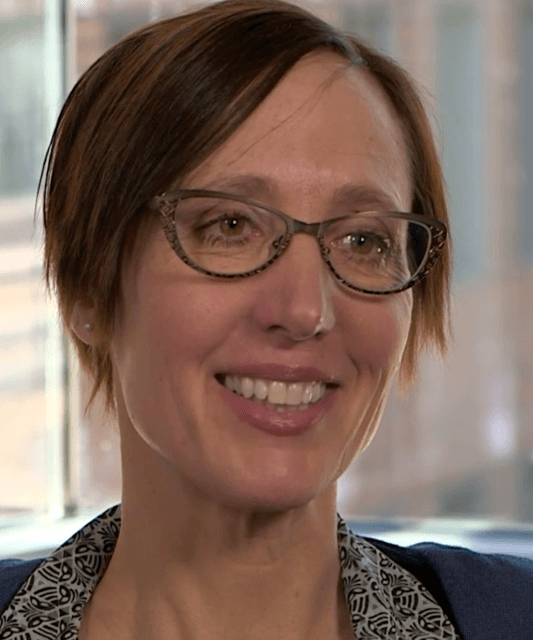Inspiring the Doula Heart and Achieving Socially-Supported Serious Illness Care

Introducing Doula Pride and Equity – Improving Socially-Supported Serious Illness Care for the LGBTQ+ Older People Community: A Pilot Study Leveraging Social Capital. Since the start of the year, LifePath, Rainbow Elders, myself as lead nurse from the University of Massachusetts, and members of the community have been working on a program to decrease social isolation, by offering doula-informed care connections to LGBTQ+ people with serious illness. While our Franklin County community is full of strengths, a unique rural landscape, and community supports, we also know that serious illness is difficult. Serious illness is defined as a health condition, or conditions, that carries a high risk and either negatively impacts a person’s daily functioning and/or quality of life, or excessively strains caregivers.
Addressing Social Isolation. Though the reasons for social isolation may be highly individualized, they are also more common among persons with serious illness. Reasons for this are complex but stem from a loss of established social relationships and changing social support necessities. Social isolation is further exacerbated by real and perceived discrimination that LGBTQ+ people may experience as they seek support outside their familiar and trusted networks for serious illness care. Socially-supported models of care are a much-needed robust space to inspire, invite, educate, and bolster our communities’ social strengths in being able to enhance the care needs among LGBTQ+ people with serious illness. Up to 24 percent of community-dwelling older adults experience social isolation, and up to 43 percent of adults ages sixty-five and older report being lonely (Fulmer et al., 2021). These percentages are doubled among nursing home residents (Simard & Volicer, 2020) and increase even more for individuals who are LGBTQ+ (Sage Care, 2020).
This project is a pilot, and we are hoping to understand if it can decrease social isolation by offering a LGBTQ+ culturally-concordant form of non-medical, socially-supportive care based on the philosophy of compassionate care and the historical role of doulas. We aim to increase social support for older LGBTQ+ persons living with serious illness in the community and in long-term care. Doula-informed care is non-medical oriented care that is centered on positive regard, resources, and support.
Currently we have 12 community-trained, doula-informed care companions who have completed a training program by an experienced and certified doula, Dina Stander, and me, a nurse, and all are in ongoing mentorship. We have 5 people from the Rainbow Community matched and participating.
One of our participants who matched with our LGBTQ+ doula-informed carer writes of her experience in the Doula Pride Program:
“I’m a 71-year-old lesbian who is living with a ‘treatable not curable’ cancer. This means that I am pretty much homebound, can’t drive anymore, and have limited involvement with my community. Having someone who is part of the Rainbow Community and will understand that my realities are different than what they used to be is a wonderful thing. Doulas have traditionally assisted when women had children and more recently with hospice patients, so they have ‘helped’ specific groups and to me it feels natural to have a doula-informed carer to work with me (I’m certainly not having children, nor am I a hospice patient). In the past I have been part of a ‘call and check-in program,’ but I had nothing in common with the person assigned to me, so it didn’t succeed. I hope that this pilot program succeeds and becomes a model for other programs. We aren’t generic, we are individuals, and working with someone who has similar life experiences/realities is a wonderful change, at least for me.” -Jeanne A. Dodge, KC1DCQ
At this time in our program, we seek LGBTQ+ individual participants with serious illness who may be living in a long-term care facility or in the community who are interested in being matched with a doula-informed carer for companionship and caregiving relationships.
If you are an LGBTQ+ person, or caregiver of a person, living with serious illness in a long-term care facility or in the community and would like more information or to participate in this program, please do not hesitate to contact Raeann at rgleblan@umass.edu OR, 1-413-545-6630.
Our project team, trained carers, and leaders also represent members and allies of the LGBTQ+ community and we are fortunate to have support of LifePath in bringing our project to center on the people of Franklin County.
We are grateful to the Rita and Alex Hillman Innovations in Serious Illness and End of Life Care Grant for funding this project.